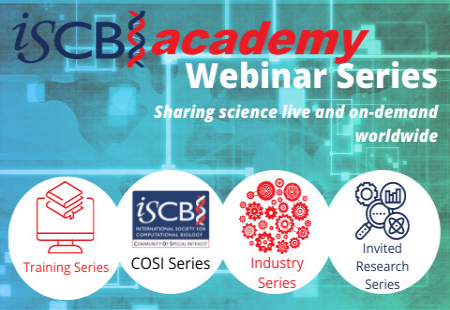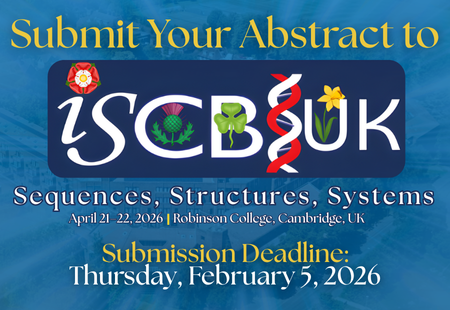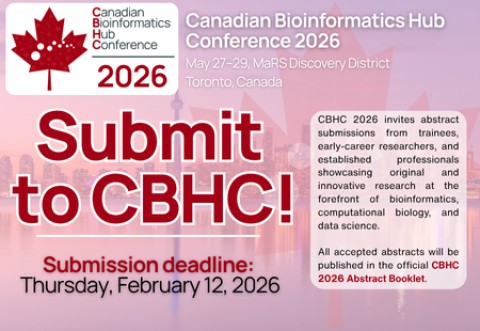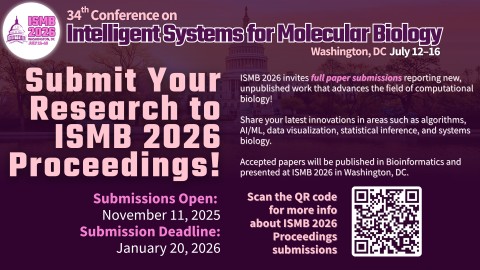Special Talks - ISMB 2014
Room: TBA
Date/Time: Sunday, July 13 at 11:30 a.m. - 11:55 p.m.
The advent of the first enzyme structures in the 1960s, coupled to increasing computer power at the time, marked a turning point for computational enzymology. Specifically, starting in 1970, a number of different QM+MM and QM/MM approaches were introduced by Warshel and coworkers to facilitate the description of reactions in enzymes. This and molecular dynamics simulations of biological reactions (that also started with Warshel’s work), as well as the development of classical force fields, mark the emergence of multiscale models for chemical reactivity, that allowed us to begin to directly translate structural information into an energetic picture, to better understand enzyme function. In my view the most effective direction to address this problem has been the Warshel’s 1980s “empirical valence bond” approach. Despite its seemingly theoretical simplicity, the empirical valence bond approach remains one of the most powerful tools to understand chemical reactivity in biological systems even today. This talk will explore the theoretical basis and historical background for this approach, and illustrate its application to a number of the most challenging problems in computational enzymology. Additionally, the unimaginable gains in computational power of recent decades have allowed for ever more complex systems to be addressed. Therefore, this talk will conclude by discussing the power of the EVB approach to address 21st Century challenges such as enzyme design, understanding protein evolution, and addressing chemical reactivity in even such big biomolecular systems as GTP hydrolysis on the ribosome.



























